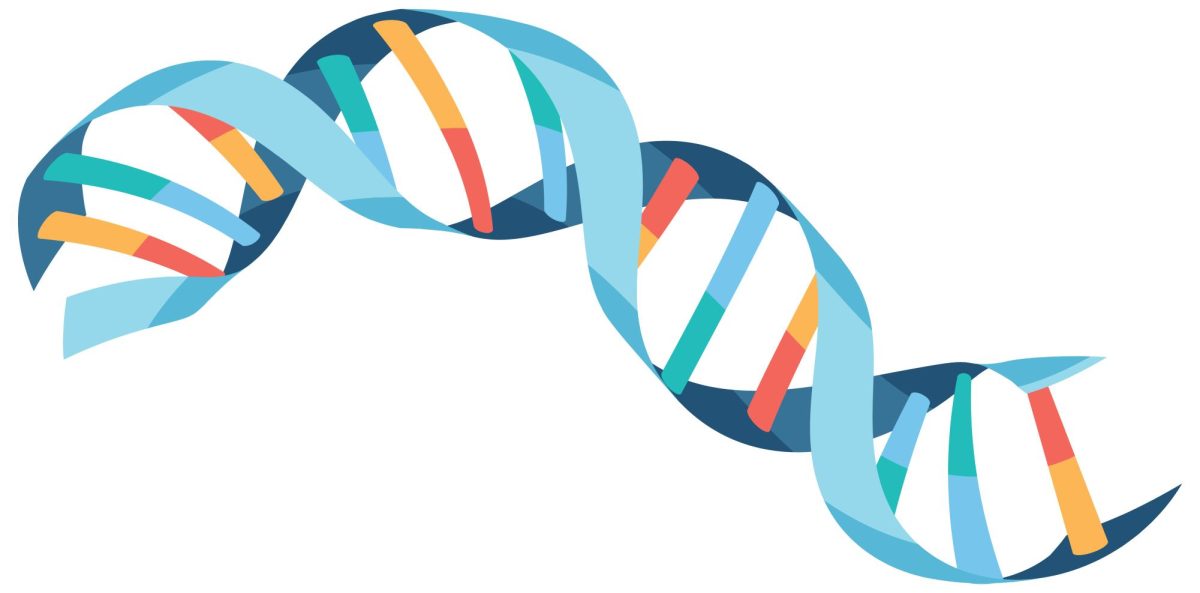Recently, there have been new advances to support those with a relatively common disease—sickle cell disease.
According to the CDC, “[sickle cell disease (SCD)] occurs among about 1 out of every 365 Black or African-American births.” The disease causes anemic conditions that make strenuous activities difficult and sometimes can be fatal when the sickle-shaped red blood cells block blood flow and lessen the amount of oxygen each cell carries.
Hopkins Medicine reports that the available treatments include blood transfusions and bone marrow transplants, which can be risky. Other than that, one can get pain medications for sickle cell crises, vaccines and antibiotics to prevent infections, and folic acid for red blood cell development. However, recently, a new alternative has been developed.
On Dec 8, 2023, the FDA approved two drugs, Casgevy and Lyfgenia, that make use of CRISPR/Cas 9 gene-editing technology to increase production of fetal hemoglobin, thereby preventing the formation of sickle-shaped red blood cells that cause anemic conditions.
Casgevy makes use of CRISPR (Clustered Regularly Interspaced Short Palindromic Repeats), a mechanism in which genetic information encoded in the Cas proteins (CRISPR-associated proteins) is used to find complementary strands in the cell they are injected into; the Cas 9 protein excises the matching segment. Any genetic material introduced to the cell through the injected plasmid can then line up to the broken strands and fill the created gap, thus editing the original genome.
On the other hand, Lyfgenia utilizes a lentiviral vector, a type of retrovirus, meaning that, through reverse transcription, the RNA it contains can then become DNA. For both Casgevy and Lfygenia, patient’s blood stem cells are extracted, modified, and then formed into the drug.
The FDA reports that both treatments have high success rates, with Casgevy scoring better. However, both also come with several side effects, and Lfygenia even comes with a risk of blood cancer. Evidently, additional research and testing are needed to further develop and perfect these options, but the approval still marks an important step in biomedical science.
However, with this advancement in biotechnology, the question arises: where do we stop?
With genome editing being used to target sickle cell anemia, the gateway for more uses of CRISPR and lentiviral vectors has opened. And yes, this can be a great thing. The possibility of being able to work against the effects of many other diseases and even cancers is incredibly exciting. But, with the editing of gametes, that means that any descendants of that person will also carry those edited genes, which means any long-term effects would be carried on to later generations and can be potentially dangerous.
On top of that, allowing for medical transformation by genome editing opens the door for other purposes of genome editing, including for cosmetics and athletic enhancements, which could fuel further biases and idolization around certain looks and inequalities in strength and ability giving some people an unfair advantage.
The government can attempt to control this; however, by permitting and sometimes supporting the funding of the research and development of one area of genome editing (like for medical purposes), the technology will become more sophisticated and evolve towards a marketable scale. Then, it would be much easier for illicit business to arise for genome editing for unethical purposes. This could include parents editing the genome of fetuses, especially in developing countries with less governmental control. As for editing the fetus genome, there would be no way to obtain consent of the person and the effects could be even more drastic for a growing body. Especially if governments are not supporting such technology for fetus genome editing, less research and fewer trials will have been conducted, making the operations even more risky.
The start of genome editing for medical treatments is incredible. The recently approved drugs for sickle cell disease show a great future ahead. Nevertheless, there are many ethics to keep in mind as the possibilities for its uses advance as well.




























































































